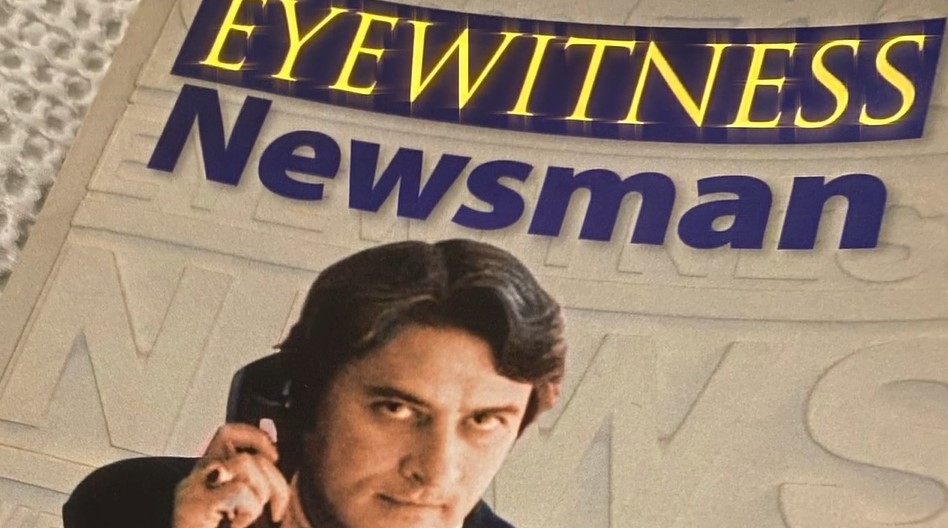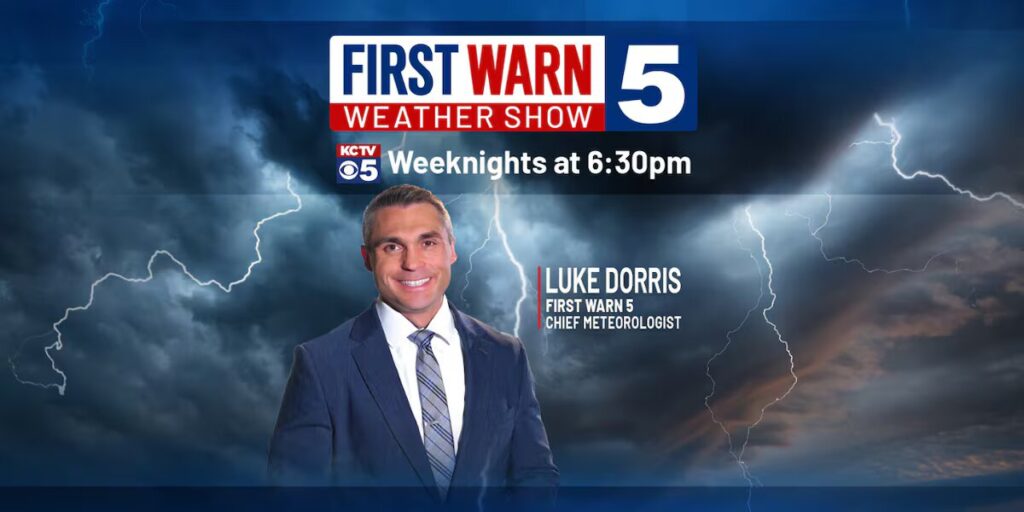The measurement service now has 101 station clients, representing 27 station groups across 56 markets, for its StationView Essentials local TV ratings service.
Rentrak Passes 100 TV Station Mark
Multi-screen media measurement firm Rentrak Corp. today announced that in less than two years, its TV station ratings and research service for broadcasters has surpassed the 100-client station mark.
In the past four weeks, Rentrak has added 24 new television stations to its client roster, with more than half coming from station groups that were already Rentrak clients in other markets.
TV Essentials is a television ratings database currency that provides daily measurement of all U.S. TV networks in all 210 U.S. TV markets. The service incorporates data from more than 19 million satellite, telco and cable television sets and integrates it with product consumption information.
In addition, Rentrak integrates its ratings data with Polk auto ownership and other consumer purchasing information.
“Rentrak’s database approach to measuring television, mobile and online audiences represents the great leap forward that this industry has been seeking for the past 25 years,” said Alan Frank, president-CEO, Post-Newsweek Stations. “Their rapid client growth is clear evidence that local broadcasters appreciate and support a competitive audience measurement marketplace.”
Phil Hurley, EVP-COO of London Broadcasting Co., said: “Since we adopted Rentrak’s ratings data, our stations have been very successful at selling Rentrak’s more reliable and comprehensive ratings information in the marketplace,” said. “Our sales executives and clients appreciate that schedules can more consistently deliver on our ‘posts’ because Rentrak’s data is so much more precise and predictive of future audience delivery.”
























Comments (1)
Peter Grewar says:
November 14, 2011 at 8:55 pm
How do they take into account OTA-only households when all their data comes from cable/telco/satellite STBs? While that may not be much of an issue in markets like Boston or NYC, it certainly is a very real issue in many western markets.